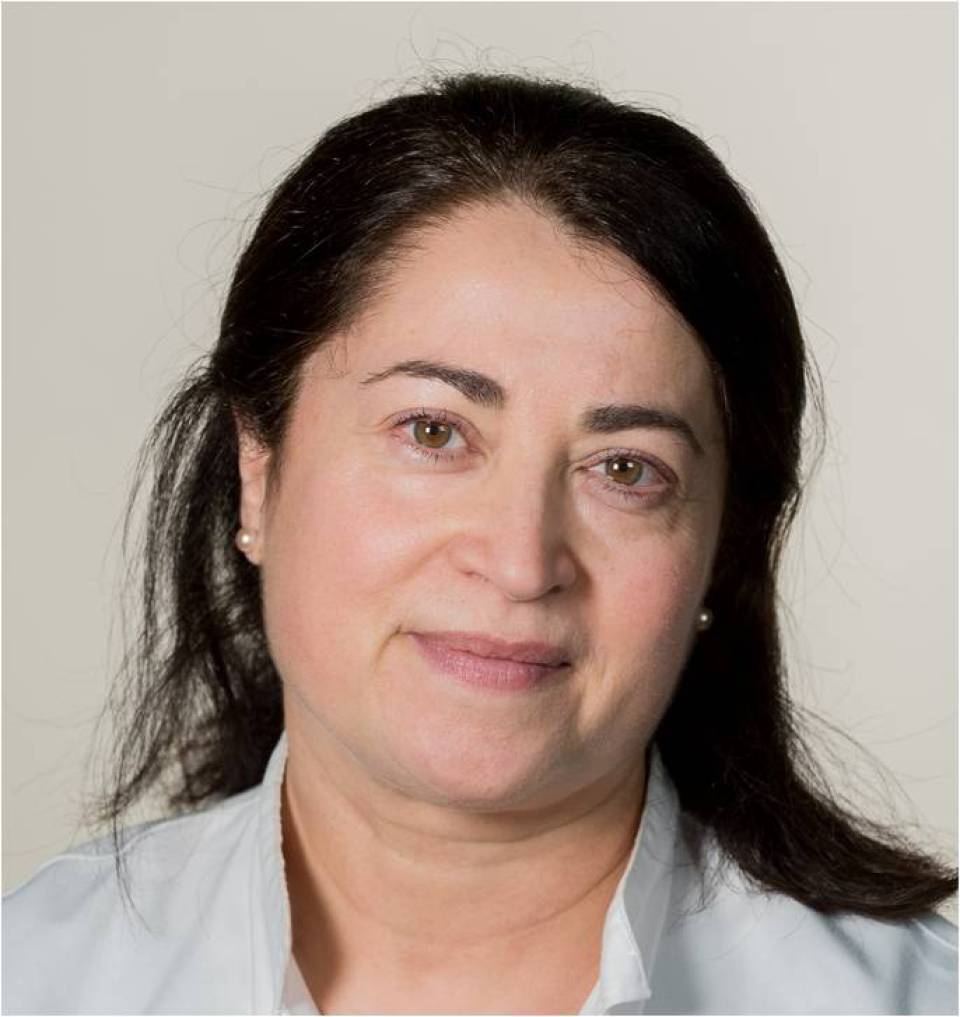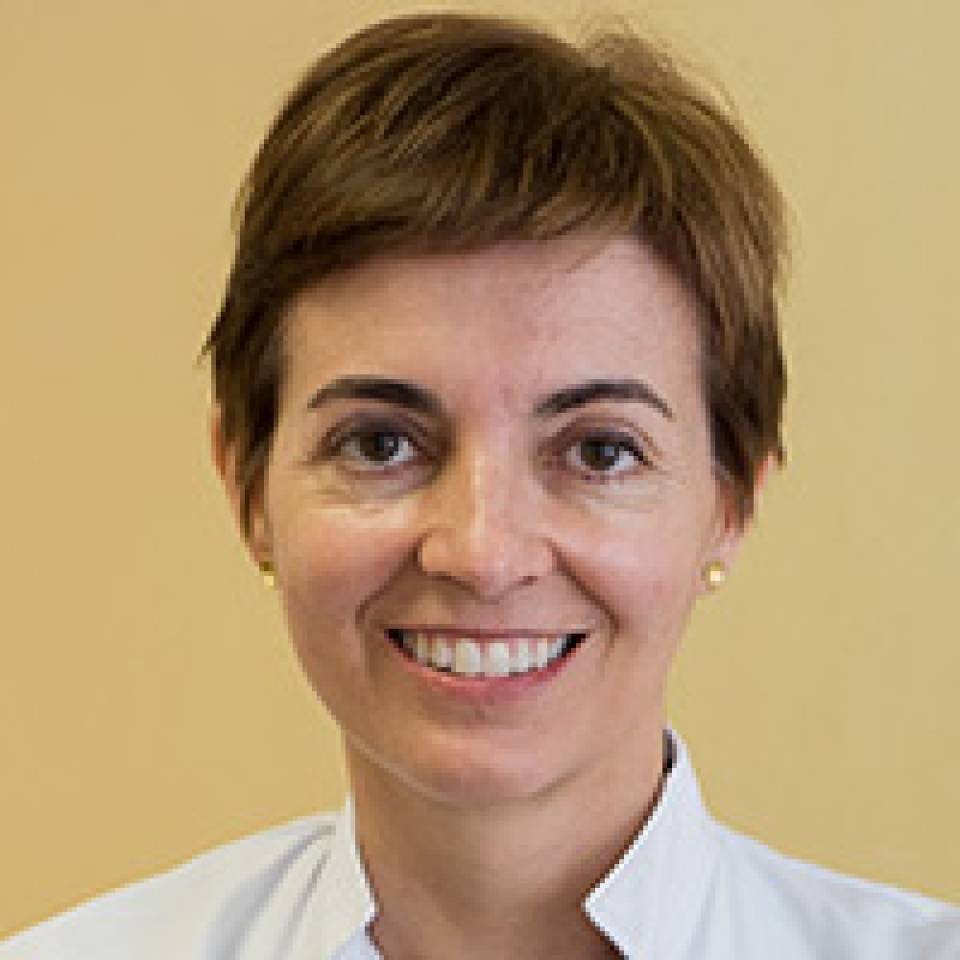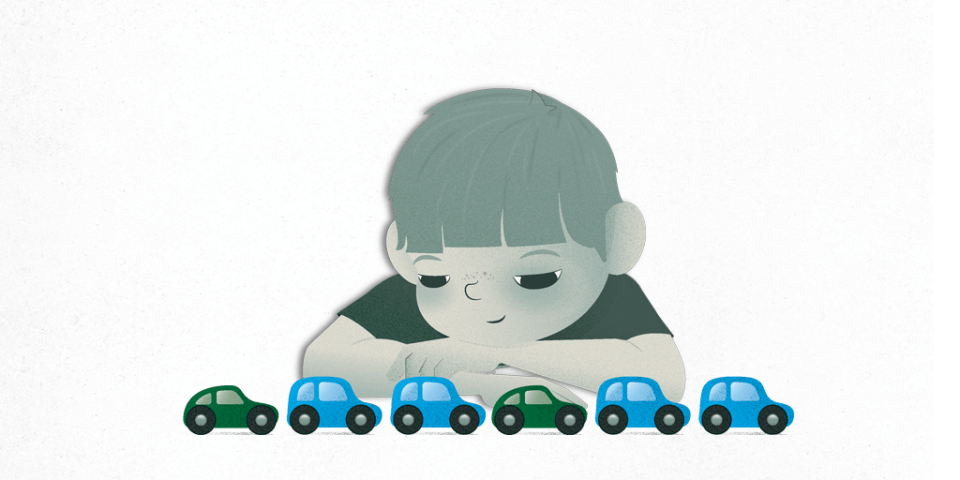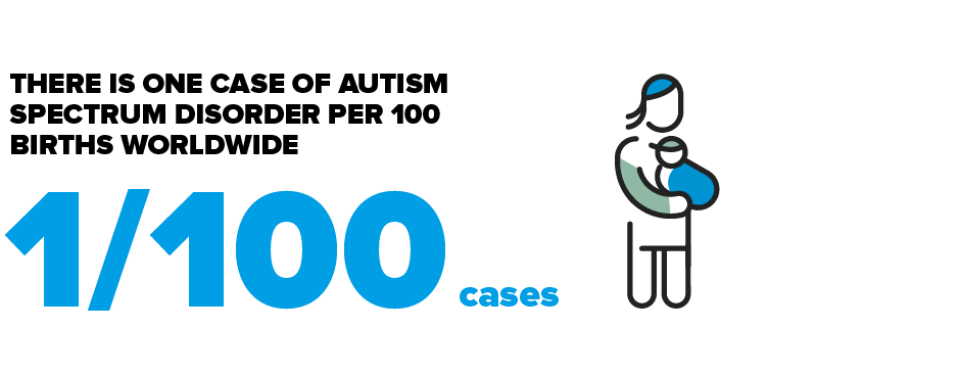- What is it?
- Risk factors
- Symptoms or signs
- Diagnosis and tests
- Treatments
- Evolution of ASD
- Living with ASD
- Lines of research
What is autism?
Autism spectrum disorder (ASD) or autism is characterised by developmental diferences that affect socialisation, communication, imagination and behaviour. The causes of autism are still unknown, but several theories have been put forward, such as genetic origins, altered brain connectivity or immune system disorders. Detecting autism early on in childhood affords the opportunity to start treatment at the earliest possible date and therefore minimise any symptoms.
Autism Spectrum Disorder explained in first person
The fact that they have received a diagnosis represents the first step in their treatment and therefore they can start to work, start to understand.
The diagnosis was very important for us because from that moment on we started to learn more things and suddenly we could interpret what our son wanted to say. It was as if we had a dictionary that allowed us to understand everything he did and we would act based on that.
It seems like we have to hide ourselves away and only the parents have to come out and explain it.
Autism Spectrum Disorder (ASD) and autism are the general terms used to discuss a group of complex disorders affecting brain development (neurodevelopmental disorders).
These are characterized by varying degrees of social interaction and communication problems, as well as a tendency to perform repetitive behaviors.
In the past, they were known as differentiated subtypes: autistic disorder, childhood disintegrative disorder, pervasive developmental disorder not otherwise specified (PDD-NOS) and Asperger syndrome. Nowadays, all of these disorders have been included under the same umbrella (the spectrum) and patients are diagnosed as having Autism Spectrum Disorder (ASD) or autism.
How many people are affected by Autism Spectrum Disorder?
In the United States, approximately 1 in 68 children is diagnosed with an autism spectrum disorder. This figure implies a 10-fold increase in the prevalence of ASD over the last 40 years.
The increase is due partly to improvements in diagnosis as well as greater public awareness of the disorder. Environmental factors also play a role in this variation.
In Europe, approximately 1 in every 100 children is diagnosed with ASD.
It is unknown how many adults are diagnosed with ASD, but we do know that it is a neurodevelopmental disorder that endures into adulthood. The symptomatology can vary in adult patients and so the condition is harder to identify.
Does autism affect one gender more than the other?
Autism is four to five times more common in boys than it is in girls. This difference is due to a neurobiological protective effect produced in the female body, as a result of, for example, exposure to different hormones during neurodevelopment. Even so, in recent years this difference has decreased because girls are underdiagnosed.
This difference is explained by the way symptoms present in either gender; they tend to be easier to observe in boys than in girls (“camouflage” hypothesis).
Although girls with ASD also present significant deficits in terms of social skills and socio-emotional reciprocity, they display “compensatory” behaviours, such as a capacity to maintain social groups, whereas boys tend to play alone more.
In terms of communication, girls with ASD usually display socially appropriate behaviours, e.g., smiling when someone approaches them or in response to other people’s comments, and tend to achieve greater language development than boys with ASD.
Similarly, in comparison with boys, girls are more likely to present interests akin to their social counterparts (e.g., an interest in dolls or animals) and have fewer unusual interests. Even so, despite the common nature of their interests, they still display some clearly altered characteristics and a different level of intensity.
Types of Autism Spectrum Disorder
The concept of ASD includes a group of disorders characterised by some common symptoms such as altered social interactions, altered communication and repetitive behaviours. But the clinical presentations vary greatly in function of the severity of the primary symptoms and any accompanying symptoms that may appear. For example, people with ASD may present a large degree of variation in terms of intellectual capacity and verbal communication skills:
- Up to 40% of people with ASD have an intellectual capacity that is equal to or greater than average (i.e., they do not have any degree of associated intellectual disability).
- Other individuals with autism have a very significant level of disability and are unable to live independently.
- Many people who fall within the autistic spectrum have exceptional visual, musical or academic (numeracy) skills.
- Around a third of people with ASD are non-verbal, but they can learn to communicate through other media.
Each person with autism must be managed individually to establish the most appropriate intervention aimed at enhancing their abilities, reducing the difficulties that interfere with their function and providing them with the necessary level of support.
Substantiated information by:


Published: 20 February 2018
Updated: 12 December 2023
Subscribe
Receive the latest updates related to this content.
Thank you for subscribing!
If this is the first time you subscribe you will receive a confirmation email, check your inbox

